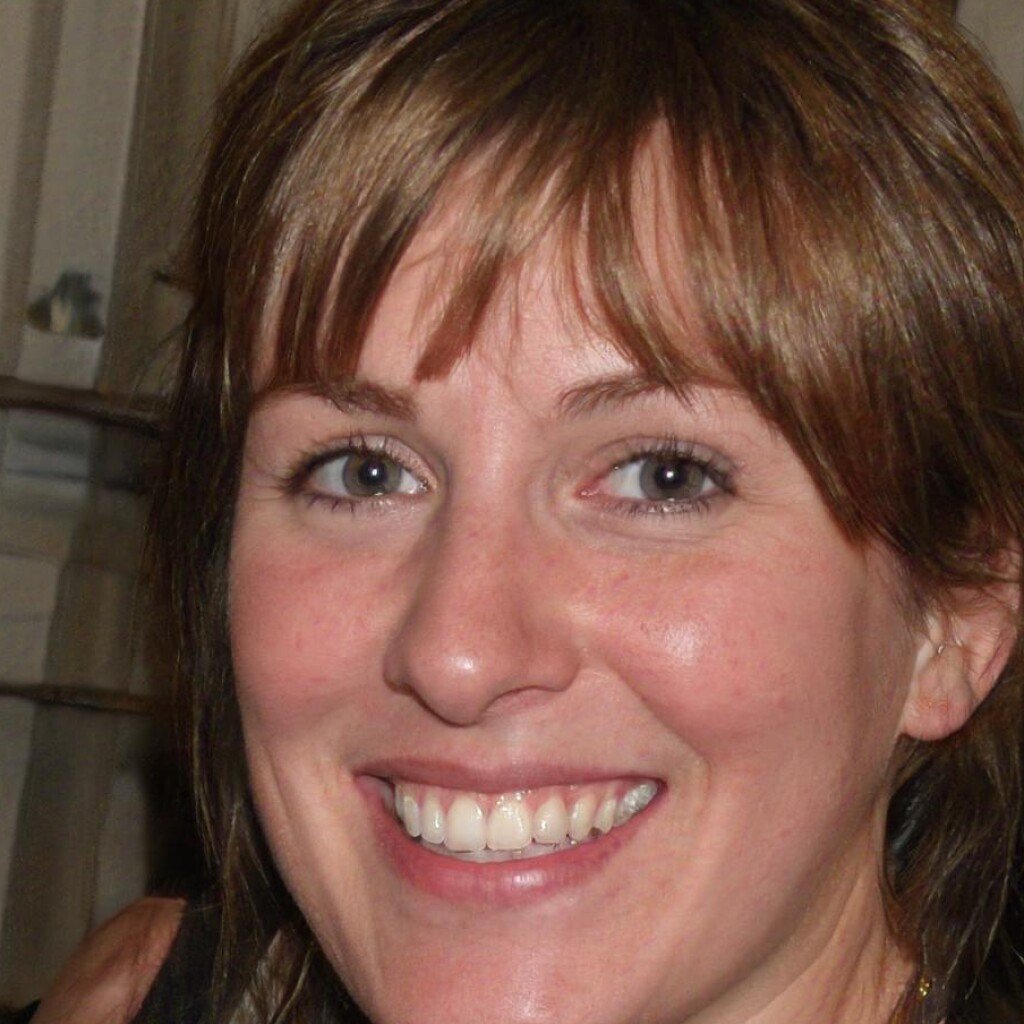
Dubai’s healthcare sector has been expanding rapidly, driven by a growing population, high demand for medical services, and government initiatives aimed at strengthening healthcare infrastructure. Establishing a healthcare business on the Dubai mainland offers opportunities for local and international investors, allowing direct access to Dubai’s market and participation in government contracts. This article provides a comprehensive overview of the regulatory landscape, licensing requirements, and the key benefits of setting up a healthcare business in Dubai mainland.
Overview of the Healthcare Sector in Dubai
Dubai’s healthcare industry has been witnessing steady growth, bolstered by the Dubai Health Authority’s (DHA) commitment to enhancing medical services and infrastructure. According to DHA reports, Dubai’s health sector is projected to grow further, with numerous investments targeting healthcare facilities, specialized clinics, and medical research. This expansion is aimed at supporting a range of medical services, from primary care to advanced treatments, making Dubai an attractive location for healthcare business ventures.
The DHA plays a central role in overseeing and regulating healthcare services across Dubai. It provides the necessary frameworks and guidelines for operating healthcare facilities, ensuring compliance with high standards of patient care and safety.

Key Regulatory Bodies and Their Roles
Setting up a healthcare business in Dubai mainland requires approval from several regulatory bodies. The DHA overseas healthcare facilities, enforces licensing standards, and monitors compliance with Dubai’s healthcare policies. For specific medical activities and services, additional approvals may be required from the Ministry of Health and Prevention (MOHAP).
Businesses that plan to employ medical professionals need to ensure these staff members are licensed by the DHA. Foreign investors should also be aware of the UAE’s foreign ownership regulations and ensure compliance with DHA and MOHAP guidelines to facilitate the business setup process smoothly.
Licensing Requirements for Healthcare Facilities
A healthcare business on the Dubai mainland must obtain the appropriate licenses from DHA. These licenses vary based on the type of facility, such as hospitals, clinics, dental centers, or specialized treatment centers. Each type of facility has specific requirements, which include facility size, equipment, and staffing standards, among other regulations.
To apply for a healthcare license, businesses need to submit detailed information regarding the type of facility, the services provided, staff qualifications, and infrastructure specifications. Each facility must also comply with strict health and safety regulations to protect patients and ensure high-quality service. The DHA’s guidelines specify operational standards for each facility type, which businesses must meet before commencing operations.
Steps for Securing a Healthcare License
Initial Approval
Businesses should first apply for initial approval from the DHA by submitting details about the facility and its intended services. This step involves a preliminary review to ensure that the proposed facility aligns with DHA’s healthcare policies and meets initial compliance requirements.
Detailed Project Proposal
Following initial approval, businesses must submit a comprehensive project proposal. This document includes detailed plans for infrastructure, staffing, equipment, and patient services. The DHA reviews the proposal to assess whether the facility meets Dubai’s healthcare standards.
Inspection and Final Approval
After reviewing the project proposal, DHA representatives conduct an inspection of the facility to verify compliance with licensing standards. The final approval is granted upon successful completion of this inspection, after which the facility receives its healthcare license and can begin operations.

Medical Licensing for Healthcare Professionals
All healthcare professionals employed by mainland facilities must hold DHA licenses. This requirement ensures that healthcare practitioners meet Dubai’s standards for medical education, experience, and qualifications. To obtain a license, practitioners must submit proof of their credentials and pass the DHA licensing exams.
The DHA licensing process varies for different types of professionals, including doctors, nurses, and allied healthcare providers. By ensuring that all staff are licensed, healthcare businesses contribute to maintaining high standards of patient care and regulatory compliance.
Requirements for Facility Infrastructure and Equipment
Healthcare facilities on the Dubai mainland are required to meet stringent infrastructure and equipment standards. The DHA has specific requirements for facility layout, medical equipment, and safety measures, which vary based on the type of healthcare service provided. These standards help ensure a safe environment for both patients and staff and enable the facility to deliver consistent and reliable care.
Facilities must install appropriate emergency and safety equipment, such as fire suppression systems and accessible emergency exits. Moreover, specialized medical equipment must be maintained regularly to comply with DHA regulations, ensuring that the facility is equipped to handle a range of medical conditions effectively.
Compliance with Health, Safety, and Hygiene Standards
Compliance with health, safety, and hygiene standards is paramount for healthcare businesses on Dubai mainland. The DHA enforces these standards through regular inspections and audits, ensuring that all facilities prioritize patient and staff well-being. Facilities are expected to maintain high levels of cleanliness, follow protocols for infection control, and adhere to patient safety guidelines.
The DHA also requires healthcare facilities to implement a quality management system, which includes protocols for incident reporting, risk management, and patient feedback. Compliance with these standards is essential for securing and maintaining a DHA license and is fundamental to the trust and reputation of healthcare providers.
Benefits of Establishing a Healthcare Business on Dubai Mainland
Setting up a healthcare business on the Dubai mainland offers several advantages. Firstly, mainland facilities have unrestricted access to the UAE market, allowing healthcare providers to serve a broader range of patients. Mainland companies can also enter into partnerships with other healthcare providers, collaborate on medical research, and participate in government healthcare initiatives.
Additionally, Dubai mainland companies can engage in government contracts, which are often restricted to mainland entities. The ability to provide healthcare services to government entities expands opportunities for business growth and supports collaboration with Dubai’s healthcare infrastructure initiatives.
Market Opportunities in Dubai’s Growing Healthcare Sector
Dubai’s healthcare sector presents numerous opportunities for growth. The city’s population is increasing steadily, and medical tourism is a major driver of demand for high-quality healthcare services. According to the DHA, Dubai attracted a significant number of medical tourists, especially from countries within the GCC, who seek advanced treatments and specialized medical care.
This demand has led to a rise in specialized healthcare services, such as cosmetic surgery, orthopedics, and reproductive health, creating new opportunities for facilities that focus on these areas. Establishing a presence on the mainland allows healthcare businesses to meet this demand and capture a larger share of Dubai’s healthcare market.
Addressing Foreign Ownership Requirements
Foreign investors interested in establishing a healthcare business on the Dubai mainland should understand the UAE’s foreign ownership regulations. Recent reforms now permit 100% foreign ownership in certain sectors, including healthcare. This development has made it easier for international investors to set up healthcare businesses without the need for a local partner, allowing full control over the business’s operations and growth strategy.
These ownership reforms are part of the UAE’s efforts to attract foreign investment in healthcare and support the government’s vision for a robust healthcare infrastructure. Foreign investors should consult the DHA or seek professional guidance to ensure full compliance with the latest ownership policies.
Financial and Operational Considerations
Setting up a healthcare business on the Dubai mainland involves financial and operational considerations, such as licensing fees, infrastructure costs, and staffing expenses. In addition to initial setup costs, healthcare facilities must budget for annual license renewals, DHA inspections, and ongoing compliance expenses.
Operationally, healthcare businesses must establish protocols for efficient patient services, staff training, and regular equipment maintenance. Investing in quality infrastructure and trained staff is essential to meet the DHA’s operational standards and provide reliable services to patients.
Visa and Employment Regulations
Healthcare businesses on the Dubai mainland must comply with the UAE’s visa and employment regulations. The number of visas granted to a healthcare facility is determined by its size, operational requirements, and the services offered. These facilities can also sponsor family visas for employees, which is often beneficial for attracting skilled professionals from abroad.
Healthcare facilities must also comply with labor regulations, including employee contracts, minimum wage requirements, and health insurance coverage. Compliance with these regulations helps businesses retain skilled employees and ensures a stable operational environment.
Promoting Growth through Partnerships and Government Initiatives
Healthcare businesses on Dubai mainland have access to partnerships and government initiatives designed to support the healthcare sector. For instance, the DHA and MOHAP often collaborate with healthcare providers to improve medical services and offer new treatment options.
Government initiatives, such as Dubai’s medical tourism strategy, provide additional support for healthcare facilities. By establishing a strong presence on the mainland, healthcare businesses can participate in these initiatives, promoting their services to a larger audience and contributing to the growth of Dubai’s healthcare sector.
Conclusion
Setting up a healthcare business on the Dubai mainland provides access to a dynamic and growing healthcare market. By adhering to DHA regulations, meeting licensing requirements, and understanding the benefits of mainland operations, healthcare providers can successfully establish themselves within Dubai’s healthcare sector. With opportunities for market expansion, direct access to local patients, and participation in government healthcare initiatives, a mainland presence offers strategic advantages that contribute to long-term growth in Dubai and the UAE. Mainland company formation in Dubai is an essential consideration for healthcare investors looking to operate within the UAE market effectively.

Soccer lover, nature enthusiast, guitarist, Bauhaus fan and critical graphic designer. Doing at the fulcrum of minimalism and purpose to craft experiences that go beyond design. I am 25 years old.


